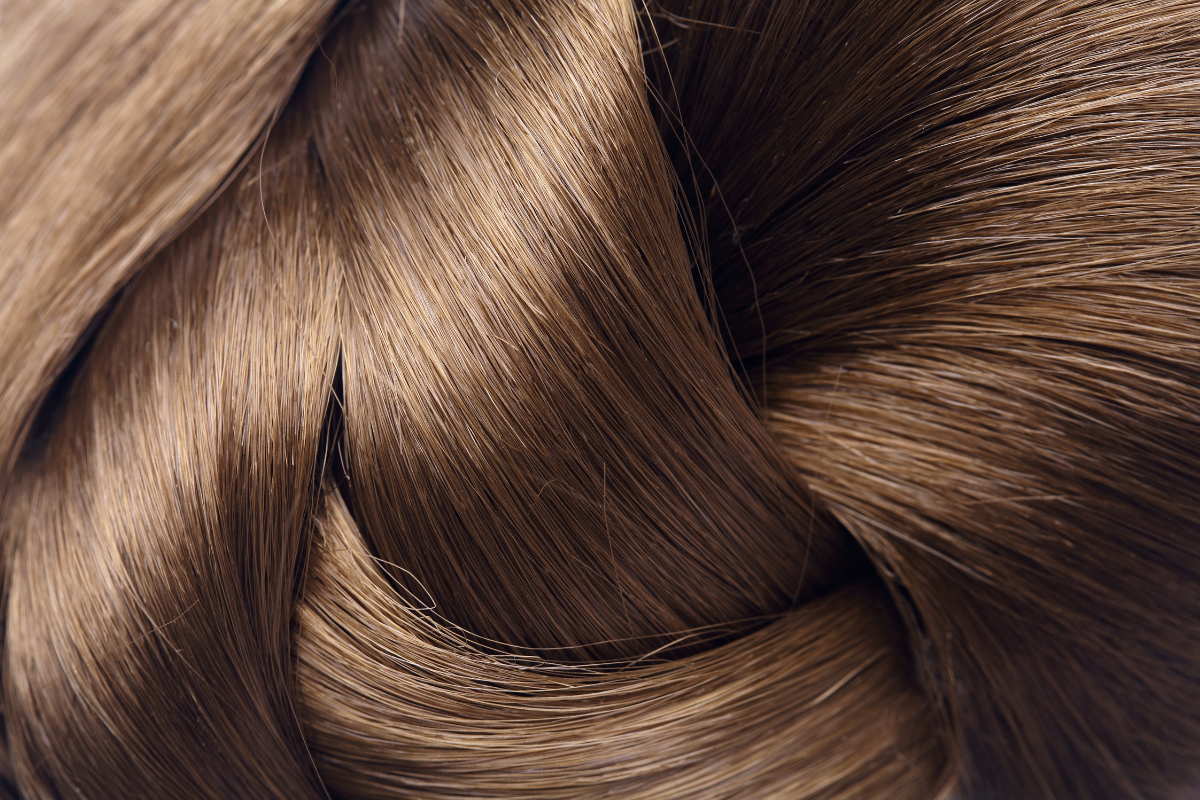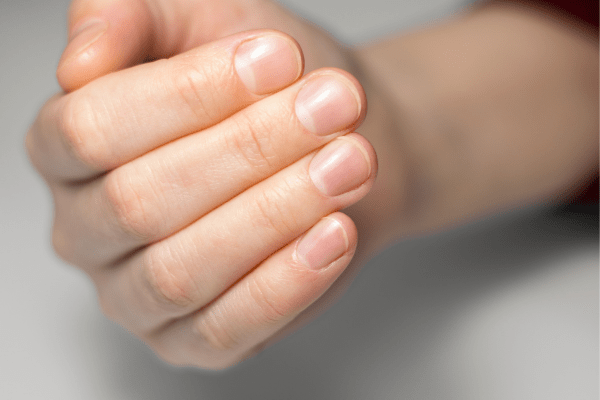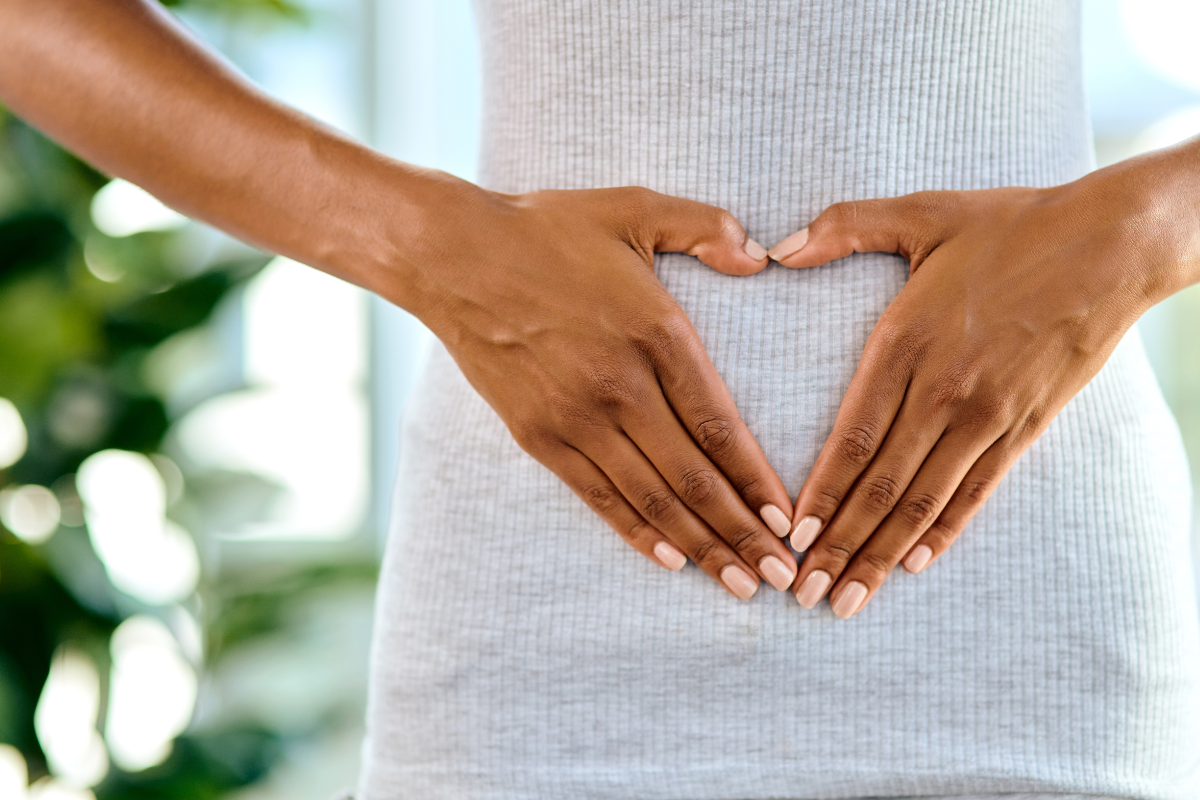Collagen & hair supplements

Collagen & hair supplements
Hair supplements are a good investment if you want to maintain healthy and thick hair with a beautiful shine. So what are the best supplements for healthy hair? And what are the best vitamins and minerals for hair?
Celloptimum's CLEAN LABEL nutritional supplements with vitamins and minerals for hair are formulated to promote healthy, thick and shiny hair!
Which vitamins and minerals are best for hair?
Here we list important nutrients such as collagen, keratin, vitamins and minerals for healthy hair - premium nutritional supplements for hair.
Which vitamins are best for hair?
Biotin, vitamin C, folic acid/folate, vitamin B12 and vitamin D are important vitamins for healthy and full hair growth, normal hair growth and optimal hair quality.
Can a dietary supplement with folic acid contribute to better hair quality?
Yes, folic acid helps hair grow and contributes to better hair quality. By generating new cells, folic acid helps to keratinize the hair during active hair growth.
FOLIC ACID ALSO HAS OTHER BENEFITS FOR HAIR:
Prevents premature graying of hair: Folic acid maintains the levels of oxygen-rich red blood cells at a normal and stable level. Without folic acid, these cells can potentially overproduce, which can result in pigment changes in the hair.
Prevents hair loss: When your body does not get enough folic acid, the body will prioritize sending this important nutrient to more vital organs, which would mean that the hair is "left to fend for itself".
Thickens hair: A folic acid deficiency can be associated with thinning hair.
Folic acid contributes to shiny hair: Normalized levels of folic acid are associated with well-distributed nutrients throughout the body. A healthy hair can therefore become both shinier and stronger.
Helps make red blood cells: Above all, folate helps make red blood cells. The creation of red blood cells is needed to transport nutrients throughout the body, as well as provide oxygen and minerals to rapidly dividing cells, such as hair.
Can folic acid prevent hair from falling out and becoming thin?
Folic acid prevents hair loss and thinning hair.
Folate/folic acid (vitamin B9) is needed to form new cells and red blood cells. These cells include those found in your skin tissue as well as in your hair and nails. This B vitamin keeps these cells and red blood cells healthy, optimizing hair follicles to support hair growth. Generating new red blood cells can help in the keratinization of hair which generates hair growth and which stops hair loss.
In addition to preventing hair loss and supporting hair growth, folic acid or folate has other benefits for hair. A lack of this B vitamin can cause hair to thin and eventually fall out, as the hair becomes weak. The increase in new cell production that the vitamin provides can therefore cause hair to grow where it has thinned.
Folate is the variant that comes from food and folic acid the variant that comes from dietary supplements. Both have the same effect in the body.
Can a dietary supplement with vitamin B12 prevent hair loss?
Yes, when a lack of vitamin B12 manifests itself as hair loss.
Deoxyribonucleic acid, commonly known as DNA, is the information within each cell that carries the instructions for the growth, development and function of all body cells, tissues and organs. When the cell reproduces, it must first make a copy of - or replicate - its DNA. Hair growth is dependent on the synthesis of DNA and sufficient vitamin B12, among other nutrients.
Cobalamin (vitamin B12) also promotes healthy hair growth by aiding in the production of oxygen-rich red blood cells that supply hair follicles with the nutrition they need.
Is biotin an important B vitamin for hair?
Low levels of biotin can cause you to lose hair.
Low levels of biotin can also cause skin rashes and brittle nails. Biotin, one of the various B vitamins, activates the cells of the hair follicles so that they produce more keratin. Biotin together with zinc helps to maintain normal hair and zinc also helps to maintain normal nails. Biotin (vitamin B7) is important for the cells in your body.
How long does it take before you see results from taking a biotin supplement?
Most people will not see any noticeable benefits until they have increased their intake for several months. For best results, you should be consistent in your intake of a biotin supplement.
If you increase your intake through food, you need to eat several biotin-rich foods daily to actually consume enough biotin to see a difference. Although the research is limited, studies suggest that results can be seen after about 90 days.
This includes an increase in hair growth and more shiny hair. The belief is that the longer you consume a higher dose of biotin, the better your results will be.
Is a vitamin D supplement good for hair?
A lack of vitamin D can cause hair to fall out, so a dietary supplement with vitamin D in case of low vitamin D levels can give you better hair quality.
Vitamin D modulates the growth and differentiation of keratinocytes – which are the most common cell type in the epidermis. It is the keratinocytes that manufacture keratin, a protein found in skin, nails and hair - as much as 95% of hair consists of keratin.
Your skin produces vitamin D when the skin is exposed to sunlight, but many people cannot get enough vitamin D through the sun alone. Also taking magnesium with vitamin D will increase bioavailability.
Which minerals are best for hair?
The minerals iron, zinc and silicon are good for the hair and are important for normal hair growth and optimal hair quality.
Can you lose hair if you are deficient in iron?
Low levels and lack of iron can cause hair to fall out.
Red blood cells need iron to transport oxygen. Low levels can cause iron deficiency anemia. Symptoms include fatigue, pale skin and hair loss.
In the hair follicles there is a certain amount of iron. Iron helps stimulate new hair growth. In case of iron deficiency, the body reacts by using iron resources from less important parts of the body. One of the places that the iron is then taken from is the hair follicles, which results in the hair becoming thinner and falling out. Hair loss due to iron deficiency usually results in the entire hair thinning/falling out evenly over the entire head, rather than in bald spots, so-called patchy hair loss.
Why is vitamin C important for iron absorption?
Vitamin C is important for your intestines to absorb iron.
Iron, in turn, is an important mineral for healthy and thick hair.
Is silicon important for strong and healthy hair?
Silica strengthens hair and prevents hair thinning.
Silicon delivers essential nutrients to your hair follicles. As a bonus, silicon can also benefit your skin and nails.
Can hormones increase hair loss? And why is silicon important for the hormones?
Silicon balances the sex hormones, and an imbalance of the sex hormones can lead to hair loss.
Men and women have both testosterone and estrogen in their bodies, but in varying proportions. When the balance of these hormones is out of whack and a person has too much of one hormone or too little of the other, the hair is one of the first things to be affected, which can lead to hair loss.
Silicon is also important for the transport of nutrients to the hair follicles. The mineral has a unique ability to bond with many other nutrients in the body and transport the substances into the bloodstream, and further to the scalp, but also to other parts of the body.
Is silicon important for healthy and thick hair?
Zinc deficiency can lead to hair loss or poorer hair quality such as thin hair, and hair that falls out easily.
Your body cannot manufacture zinc itself, so you must get it from food or supplements. Signs of low zinc levels include hair loss, poor wound healing, and poor sense of taste or smell.
Combining a dietary supplement with zinc and a dietary supplement with biotin is effective because zinc causes the B vitamin to be activated and can thus have a positive effect on hair growth. Zinc not only affects hair, it can also contribute to firmer skin and stronger nails.
How does zinc affect the hair?
Zinc is involved in protein and nucleic acid synthesis and plays a role in various metabolic pathways and cellular functions.
In terms of hair loss, zinc is a potent inhibitor of hair follicle regression and accelerates hair follicle recovery.
Is collagen a good dietary supplement for healthy hair?
Collagen can promote healthy hair in a variety of ways. The amino acids in collagen are used to build hair proteins and strengthen the skin where the hair roots are located.
Collagen can also prevent hair follicle damage and gray hair. Hair loss can also be directly linked to our natural collagen layers. This is why many men and women experience hair thinning as they age (collagen levels in the body decrease after the age of 25).
Collagen is mainly made up of three non-essential amino acids: proline, glycine and hydroxyproline and it is proline that is also the main component of keratin, the fibrous wool-like substance that makes up our hair and nails. Consuming proline-rich collagen gives our body the building blocks it needs to create hair.
Why is a nutritional supplement with keratin important for strong and healthy hair?
Keratin - which is a protein - is found deep in the hair follicles where hair grows, and because it is tough and fibrous, it gives our hair its strength and structure.
But even though this protein is found in nature, it is almost impossible to absorb keratin from food and over time this can take its toll on our hair, skin and nails.
Can you increase the pigment melanin in your hair?
Yes, melanin can be ingested via dietary supplements and is a pigment that determines the color of your hair.
Melanin is a natural pigment that determines the color of your hair. When the production of this pigment decreases, the hair turns gray or white. As these colors largely symbolize aging, many are keen to increase melanin production and maintain their natural hair colour. Melanin is found in the food supplement ANTI-GRAY™.
- Tags: Hår/Hair Kollagen/Collagen






